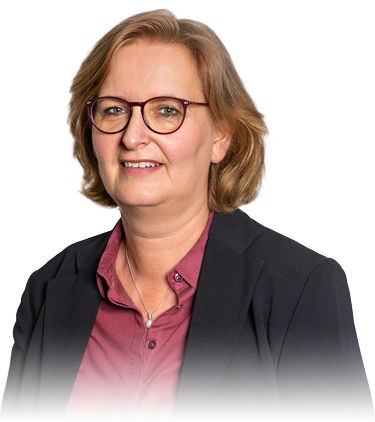GlobalFoundries Dresden
Not to run out of Chips:
Acoustic Diagnosis While driving by
Chips are everywhere – in household appliances, smartphones, cars, industrial plants and medical devices – and highly requested on the global market. In the largest and most modern semiconductor plant in Europe, GlobalFoundries manufactures microchips for customers in these and other fields. In order to optimize maintenance cycles and prevent production outages, T-Systems MMS has developed a completely new type of cloud-based IoT platform together with the Smart Systems Hub. Conceived in pioneering work within the framework of the proven “Digital Product Factory” co-innovation format within three months, the smart AI solution enables the highly automated driverless transport system in the cleanroom to be maintained and serviced proactively.
Customer Benefits

Reduced maintenance and servicing effort due to optimized, demand-oriented maintenance cycles

Early detection of maintenance requirements increases reliability, avoids production interruptions and increases plant utilization

Positioning as one of the leading semiconductor producers within the meaning of “Smart Factory”
Reference at a glance

Task
Reduction of maintenance and servicing costs for the wafer transport system in the cleanroom

Solution
Build an AI-supported cloud infrastructure for real-time acoustic monitoring and anomalies detection

Result
Permanent monitoring of the health condition enables demand-oriented, predictive maintenance and improves plant utilization

Expected failures and maintenance requirements can now be predicted by triggering an alarm when approaching defined threshold values and identifying transport robots with a high probability of failure. The error data collected is also used for reporting purposes, such as analyses, reports and audits.
The pilot solution “GlobalFoundries Health Predictor” installed at the Dresden semiconductor plant first served to clarify the technical feasibility. In the meantime, a follow-up project is being implemented in which edge computing sensors are being installed in several places, for example in curves and in various rail systems. If successful, the rollout of the IoT application is also planned for other GlobalFoundries production sites around the world, such as New York and Singapore.
About GlobalFoundries
GlobalFoundries is an American semiconductor producer based in Dresden, Germany. The company employs more than 15,000 people worldwide. In addition to the plant in Dresden, there are three other production sites in the USA and one in Singapore. More than 3,200 technicians, engineers and specialists from all over the world work on the company campus in Dresden. GlobalFoundries has helped establish the Free State of Saxony as the leading micro- and nanoelectronics center in Europe and has significantly advanced the development of new IoT and connectivity system solutions with the Smart Systems Hub.
Predictive Maintenance at GlobalFoundries
Predictive maintenance of
ultra-pure water valves
Link to AI-based solution





